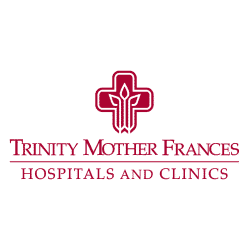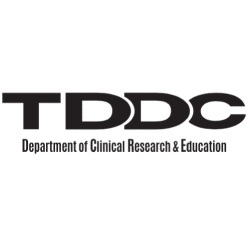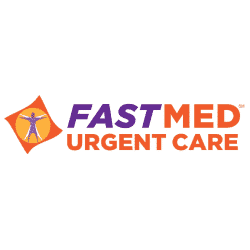Reducing Costs While Improving Efficiency in Medical Waste Management
Managing medical waste in hospitals is a critical yet often costly responsibility. Hospitals generate a high volume of waste daily, ranging from sharps and biohazardous materials to general non-hazardous trash. Striking the balance between maintaining compliance and controlling costs can be challenging. By implementing efficient waste management practices, hospitals can reduce expenses while ensuring safety and sustainability.
Medical waste disposal is more than just a logistical issue—it’s a financial one. Inefficient processes or improper handling can lead to several challenges, including regulatory fines, hidden fees, and excess waste volume. Non-compliance with OSHA, EPA, or state guidelines can result in penalties that strain hospital budgets. Additionally, vendors may include charges for unnecessary services or supplies, further increasing costs. Hospitals often unintentionally mix non-hazardous waste with regulated medical waste, which can significantly raise the expense of specialized disposal. To address these issues, hospitals need streamlined processes and a clear understanding of their waste management needs.
A comprehensive audit of a hospital’s waste disposal processes is an excellent starting point for reducing costs. This involves evaluating how waste is being segregated, identifying the volume of hazardous versus non-hazardous waste, and finding opportunities to optimize collection and disposal schedules. By understanding current practices, hospitals can pinpoint inefficiencies and implement targeted solutions.
Focus on Proper Waste Segregation
Proper Waste Segregation is crucial to minimizing costs. Many hospitals inadvertently mix non-hazardous items, such as packaging or food waste, with medical waste that requires expensive disposal methods. Clear protocols for separating non-hazardous from hazardous waste can significantly reduce the volume of waste requiring specialized treatment. Training staff to follow these protocols ensures consistent and effective segregation, ultimately lowering disposal costs.
Investing in reusable sharps containers is another effective strategy for reducing waste management expenses. Traditional single-use containers can be costly over time, whereas reusable options provide long-term savings and reduce the environmental impact of disposal. Additionally, optimizing waste pickup schedules can help control costs. Too many pickups can result in unnecessary expenses, while infrequent pickups may lead to overfilled containers, posing safety and compliance risks. Hospitals should work closely with their waste disposal providers to establish a schedule that aligns with their waste generation patterns.
Benefits of Efficient Waste Disposal with MedSharps
Partnering with a reliable and cost-effective medical waste disposal company is essential for achieving efficiency and savings. MedSharps offers tailored solutions designed to meet the unique needs of hospitals. Our transparent pricing model eliminates hidden fees, ensuring that hospitals only pay for the services they need. MedSharps’ scalable services adapt to the evolving needs of healthcare facilities, providing flexibility and efficiency. We also assist hospitals in implementing best practices, such as reusable sharps containers and optimized pickup schedules, to further reduce waste management costs. By staying up-to-date with regulatory requirements, MedSharps helps hospitals maintain compliance, avoiding fines and ensuring safety.
Efficient waste disposal not only reduces costs but also offers several other benefits. Streamlined operations help hospitals avoid fines and penalties for improper handling, ensuring compliance with all relevant regulations. Improved waste management processes also support sustainability efforts by minimizing environmental impact. Clear protocols simplify waste handling for staff, freeing up their time for other critical tasks and improving overall efficiency within the hospital.
Creating a Culture of Efficiency
Creating a culture of efficiency within the hospital is key to achieving long-term success in waste management. Staff training is essential for ensuring that everyone understands the importance of proper waste segregation and disposal. Hospitals should also encourage staff to provide feedback on existing processes, as those working directly with waste often have valuable insights into potential improvements. Embracing innovative solutions, such as reusable containers or advanced disposal technologies, further enhances efficiency and reduces costs.
Hospitals can reduce waste management costs without compromising on safety or compliance. By focusing on waste segregation, optimizing schedules, and partnering with a trusted provider like MedSharps, facilities can streamline operations and enhance sustainability. MedSharps is dedicated to helping hospitals achieve efficient, cost-effective waste disposal. Contact us today to learn how our services can be tailored to your facility’s needs.











